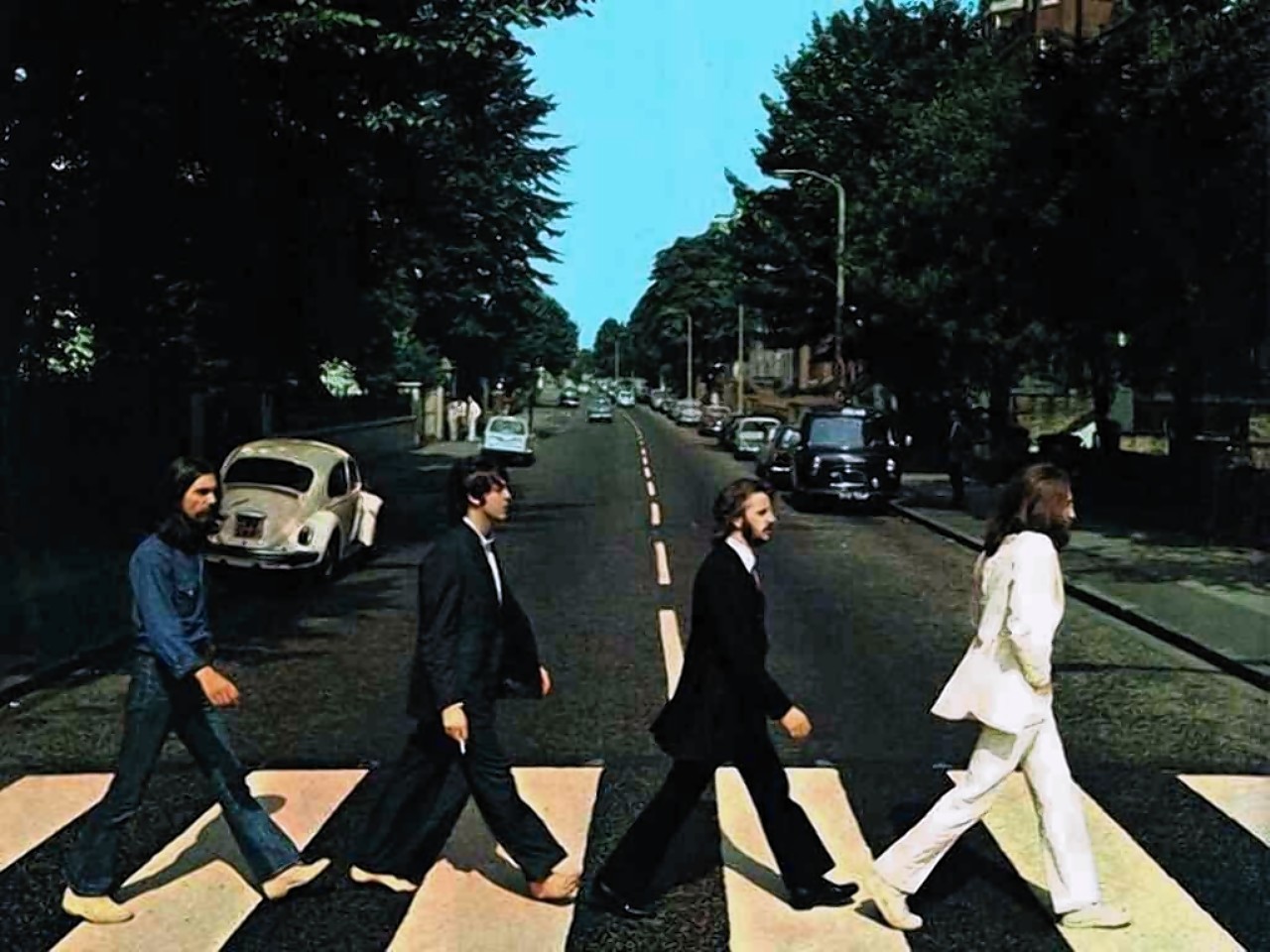The Beatles’ back catalogue of music will launch on a range of streaming services on Christmas Eve.
The band’s tracks will be available on nine different streaming services, including Apple Music, Spotify, Tidal and Google Play Music.
The band – John Lennon, Paul McCartney, George Harrison and Ringo Starr – which split in 1970, have remained hugely popular and influential after clocking up 17 UK number one singles as a group.
Solo material from the Fab Four is already available on Spotify.
The Beatles have a history of embracing technology later than most, with the band’s music not appearing on iTunes until 2010, some seven years after the service was first launched. Streaming services such as Spotify have been on the rise since 2007.
Deezer, Microsoft Groove, Napster, Amazon Prime Music and Slacker Radio have also been confirmed as host services for the band’s music.
Napster’s chief financial officer Ethan Rudin said: “The Beatles are the most iconic band in music history and their catalogue is the £1 request from our subscribers around the world.
“Today, we’re able to fulfil that request just in time for families around the world to enjoy together over the holidays.”
The news comes at a time when streaming services have taken over digital downloads as the most prominent way to consume music, although several artists – most notably Adele and US singer Taylor Swift – have questioned the value of the platform.
Swift famously withdrew her entire back catalogue from Spotify in 2014, saying: “Music is art, and art is important and rare. Important, rare things are valuable. Valuable things should be paid for.”
In an interview with Time magazine earlier this week, Adele also called streaming “a bit disposable”.
However, technology giant Apple entered the streaming market for the first time earlier this year with the launch of Apple Music, which already has around 15 million users across its paid and free trial tiers.
Scandinavian-founded Spotify has more than 40 million users across its paid-for and advert-supported subscriptions.
